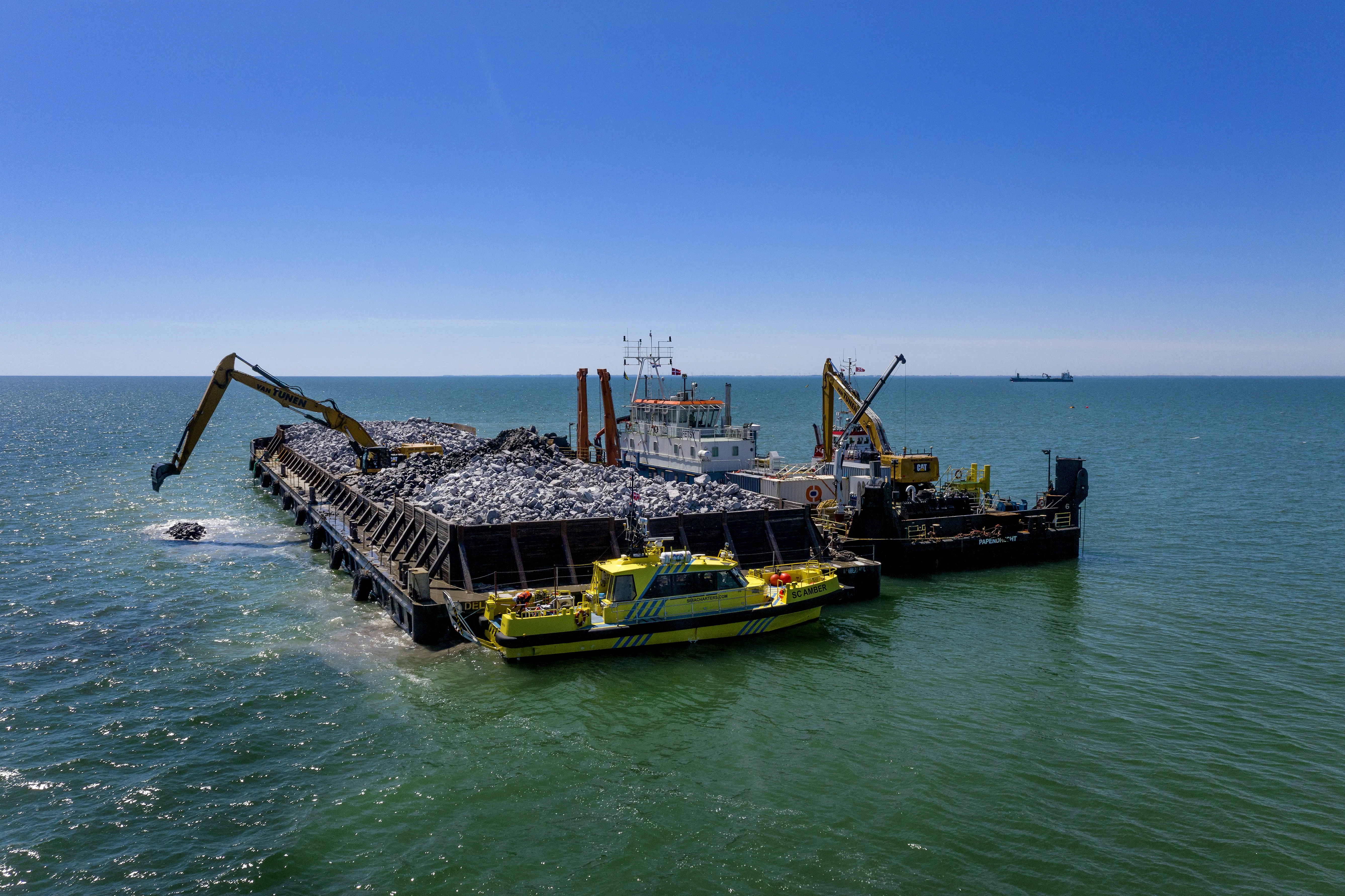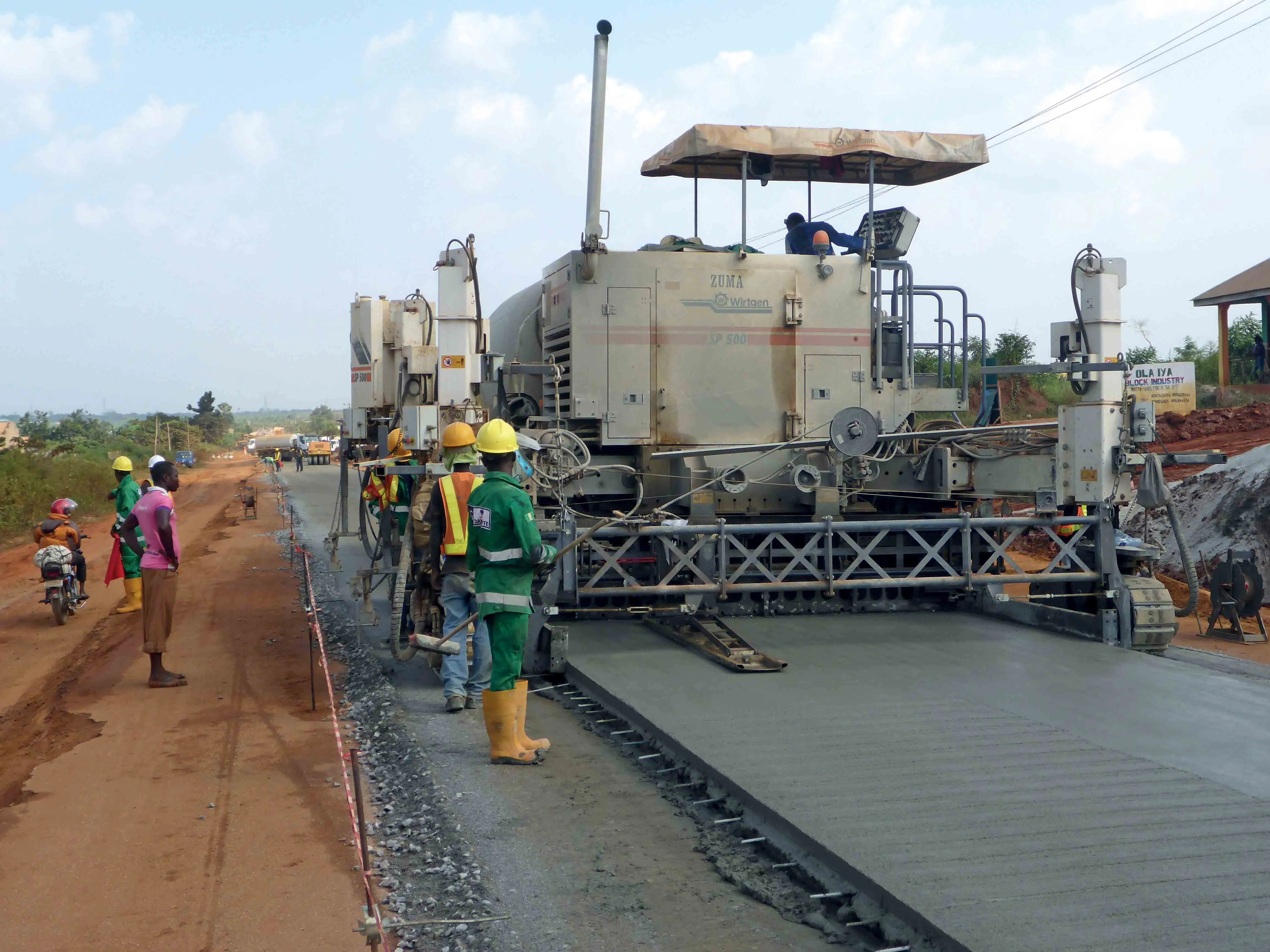Construction costs are increasing for a key road tunnel in the German city of Stuttgart. The work on the Rosenstein road tunnel looks set to be some €40 million more expensive than was initially expected. As a result the 1.8km tunnel will now come with a price tag of over €270 million. The tunnel should be ready for traffic in 2020. Funding for the project is being provided jointly, with the German Government and the federal state of Baden-Württemberg providing some €112 million of the financing required.
May 22, 2015
Read time: 1 min
Construction costs are increasing for a key road tunnel in the German city of Stuttgart. The work on the Rosenstein road tunnel looks set to be some €40 million more expensive than was initially expected. As a result the 1.8km tunnel will now come with a price tag of over €270 million. The tunnel should be ready for traffic in 2020. Funding for the project is being provided jointly, with the German Government and the federal state of Baden-Württemberg providing some €112 million of the financing required.









